International Gender Equality Prize highlights role of Afghan women
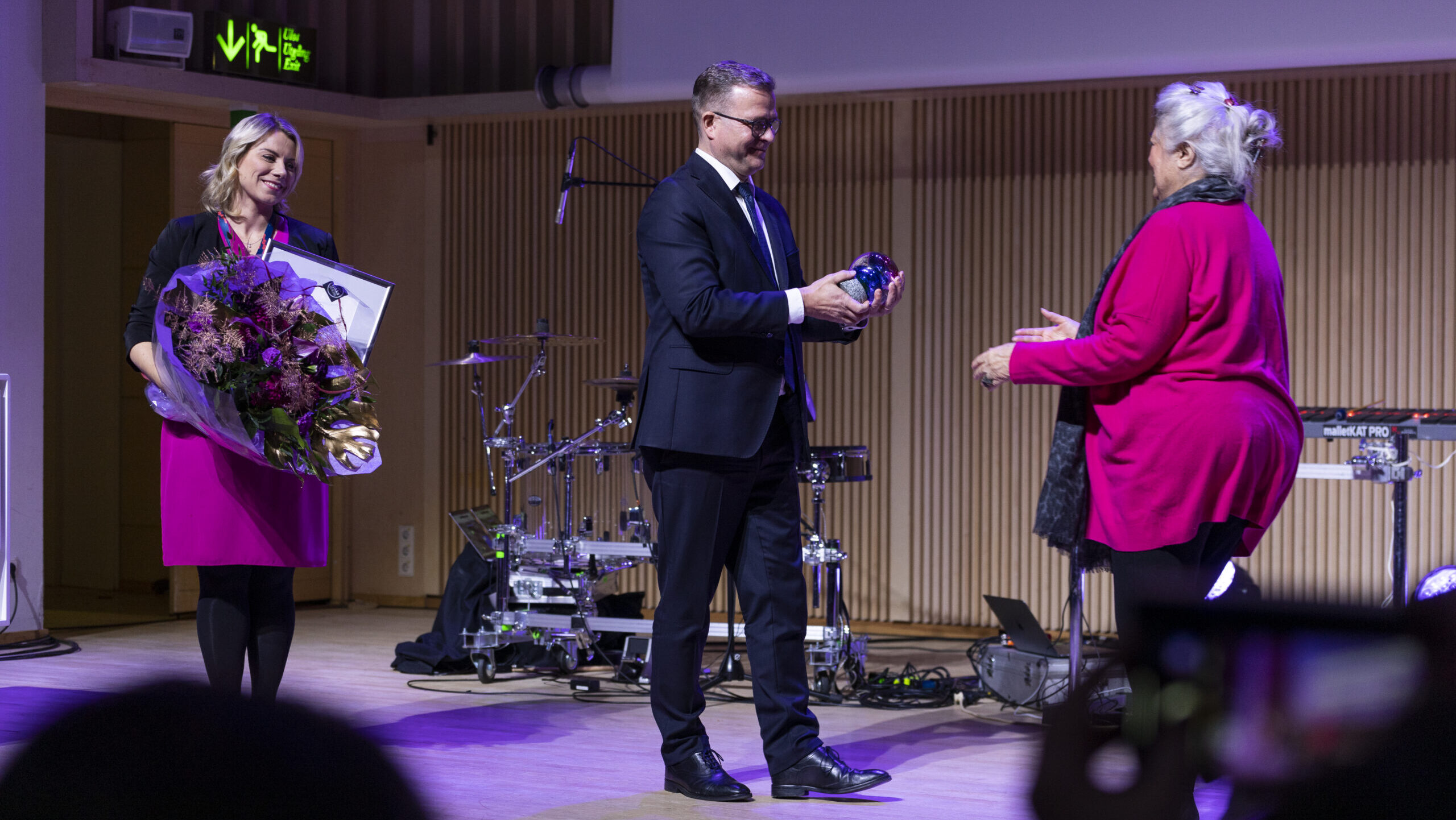
Photo: Maria Santto / CMI
For the first time, CMI partnered with the International Gender Equality Prize, an award by the Government of Finland that recognizes the global vanguards of gender equality. On 11 December 2023, CMI headed to Tampere for the award ceremony and a panel discussion on the role of women in Afghanistan.
The International Gender Equality Prize (IGEP) is awarded to a person or organization that has advanced gender equality in a globally significant way. Anyone can nominate a candidate for the prize, which is awarded once every two years by the government in cooperation with the City of Tampere.
This year’s prize was presented by Prime Minister Petteri Orpo, who stressed in his remarks the importance of international institutions such as the UN in advancing gender equality. Many of Finland’s lauded equality reforms originated in such arenas.
The prize was awarded to the Afghan Women Skills Development Center, a women’s shelter that promotes and protects the rights of women in Afghanistan. The center, which operates in eight Afghan provinces, provides training and offers humanitarian assistance to women. Mahbouba Seraj, the organization’s leader, collected the award from Prime Minister Orpo. “The Afghan women are going to get the benefits of it,” a visibly moved Seraj said of the 300,000-euro prize.
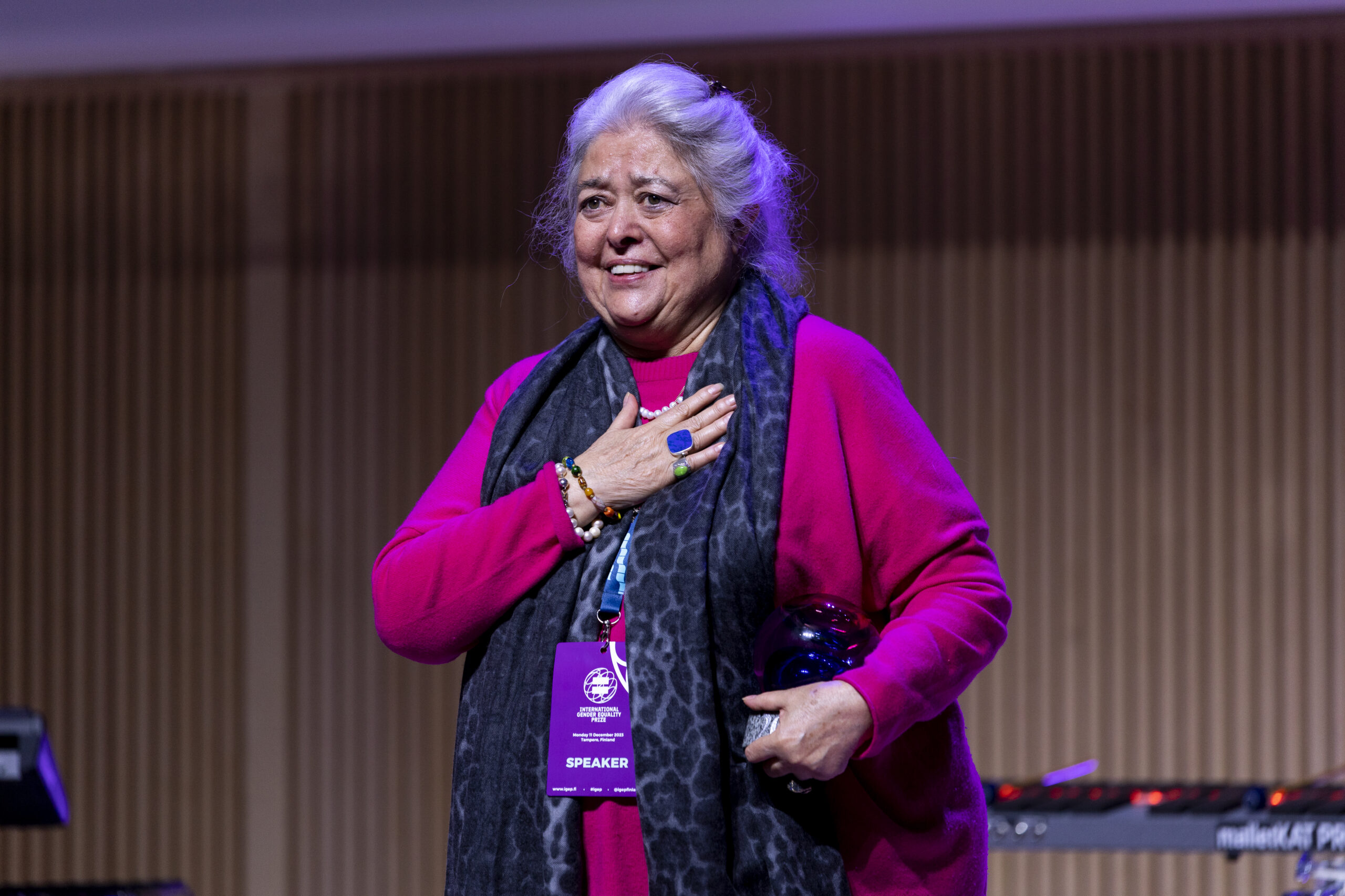
Mahbouba Seraj. Photo: Maria Santto / CMI
In her keynote speech, author, journalist, and war correspondent Janine di Giovanni discussed the role of women in ending wars: if a war ends “well,” there will be policies in place to keep the violence from coming back. Such policies were implemented in Sierra Leone, whereas Bosnia ended poorly in the sense that only a handful of rapists were brought to trial at the Hague.
Di Giovanni suggested that one way to end conflicts well is to give the task to women. She bemoaned that many women, such as the wives of senior military commanders, hold positions of power but do nothing to alleviate ongoing conflicts. In many cases, women don’t even know how to access their power.
Hanna Klinge, CMI’s Deputy CEO, said in her closing remarks that the International Gender Equality Prize represents CMI’s goals of full and equal representation. The involvement of the entirety of society in peace processes is a non-negotiable prerequisite for sustainable peace.
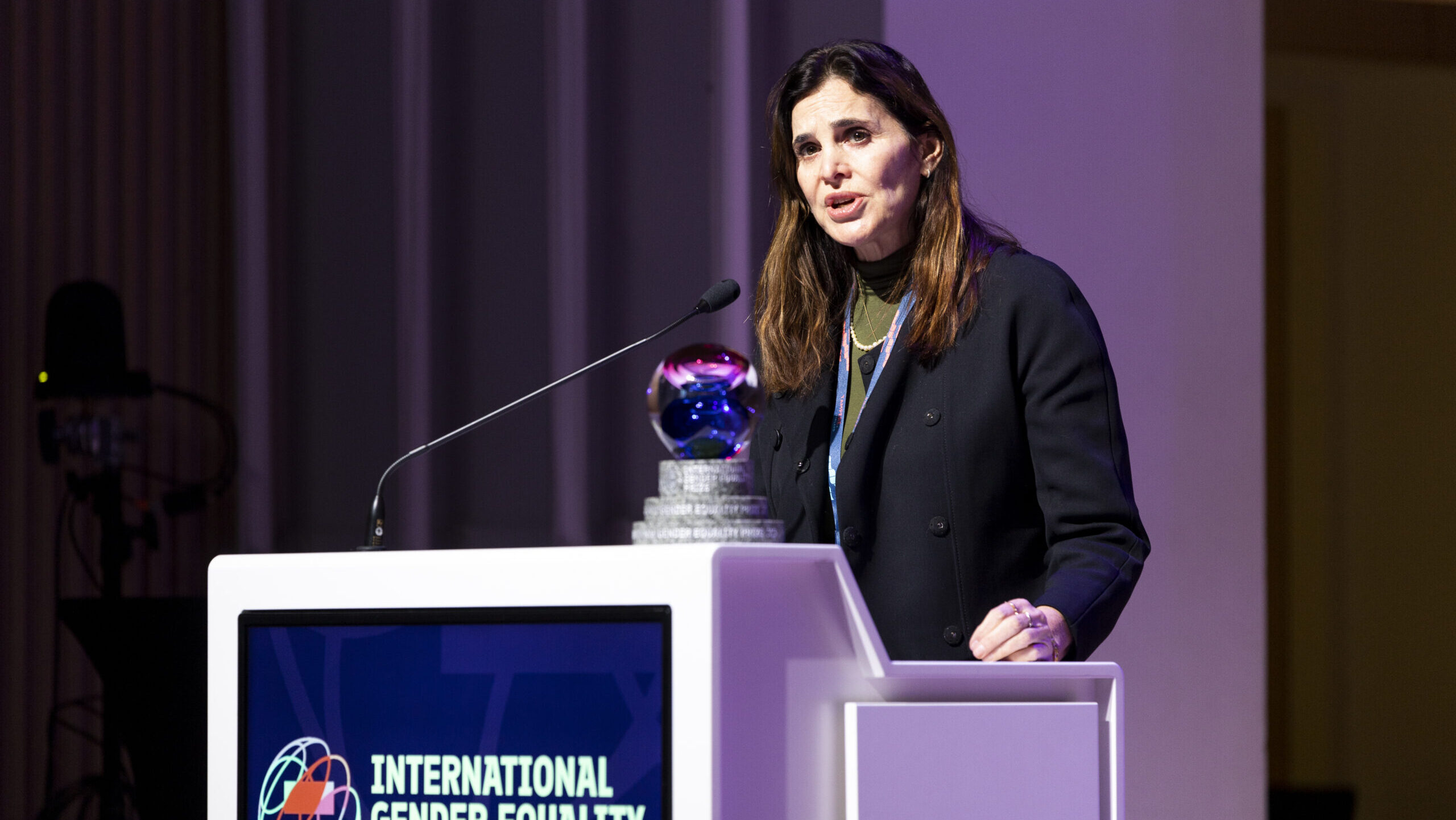
Janine di Giovanni. Photo: Maria Santto / CMI
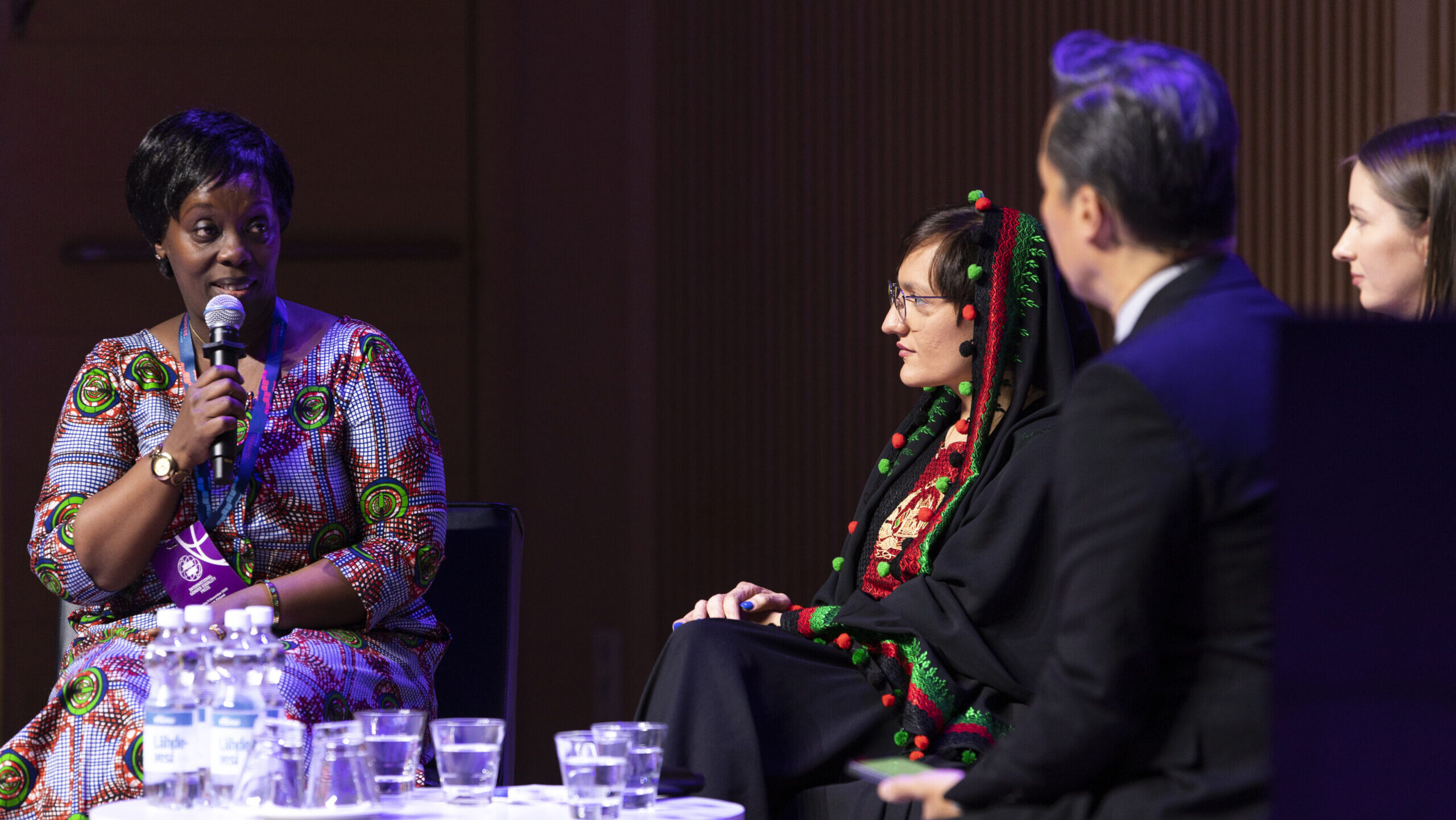
Diane Gashumba, Ambassador of the Republic of Rwanda to the Nordic Countries; Zarifa Ghafari, human rights activist and former Mayor of Maidan Shahr; Richard Lui, news anchor; Yuliia Schetyna, journalist and producer. Photo: Maria Santto / CMI
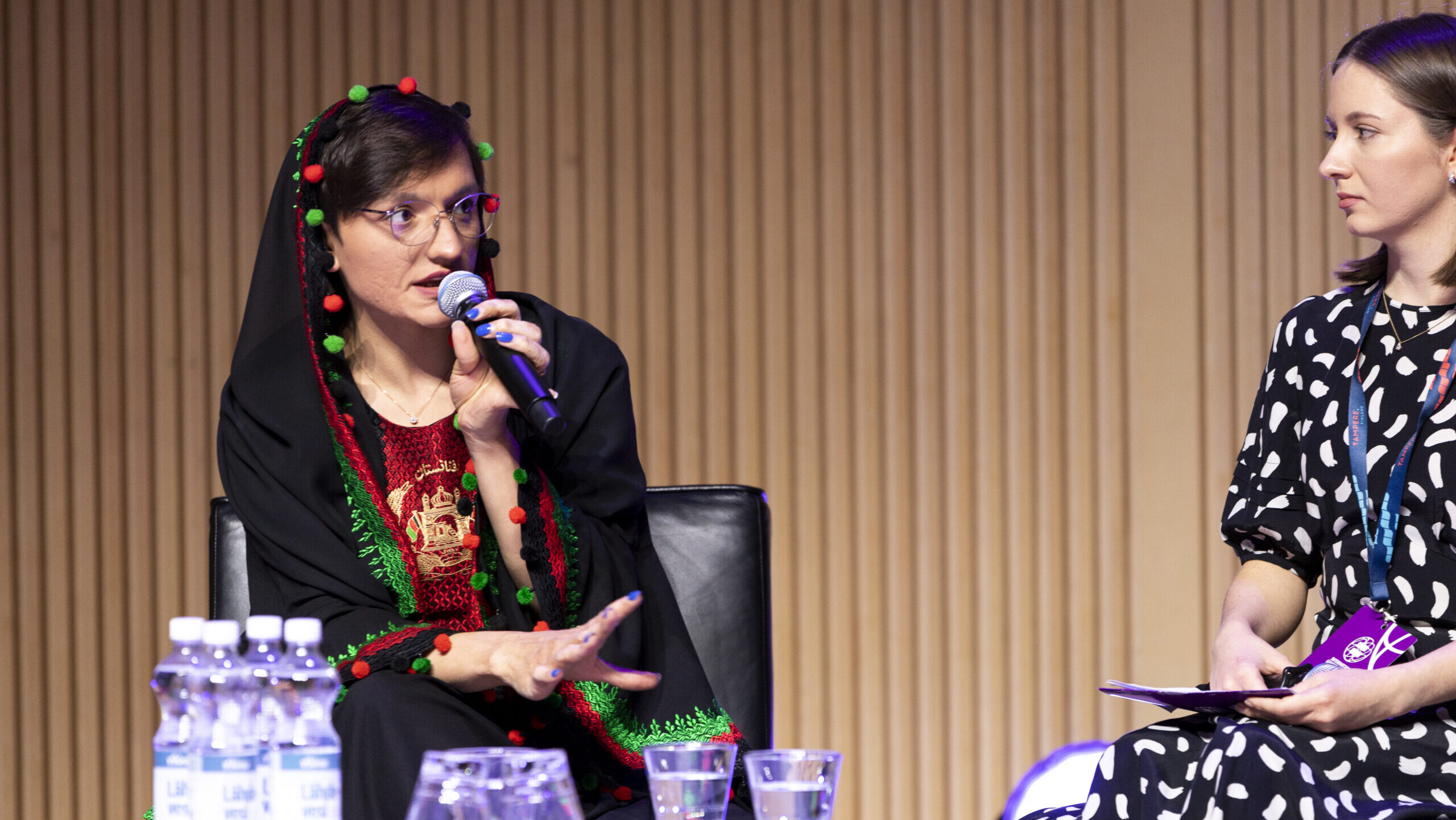
Photo: Maria Santto / CMI
Following the award ceremony, CMI hosted a livestreamed discussion at Tampere’s G Livelab on the role of women and their impact on peace in Afghanistan. A recording of the event can be watched on Yle Areena until 10 January, 2024.
In her opening speech, Tyyne Karjalainen, a researcher at the Finnish Institute of International Affairs, recounted the arguments for Finland’s participation in the military intervention in Afghanistan. While helping women and girls was often cited as a motive, Finland’s involvement had national foreign policy goals and took place within a timeframe set by the United States.
Anders Adlercreutz, Finland’s Minister of European Affairs and Ownership Steering, said in the subsequent discussion that Finland’s involvement could have had several motives. Taking part in an international operation was important, but Finland’s aid to women and girls was evident as well.
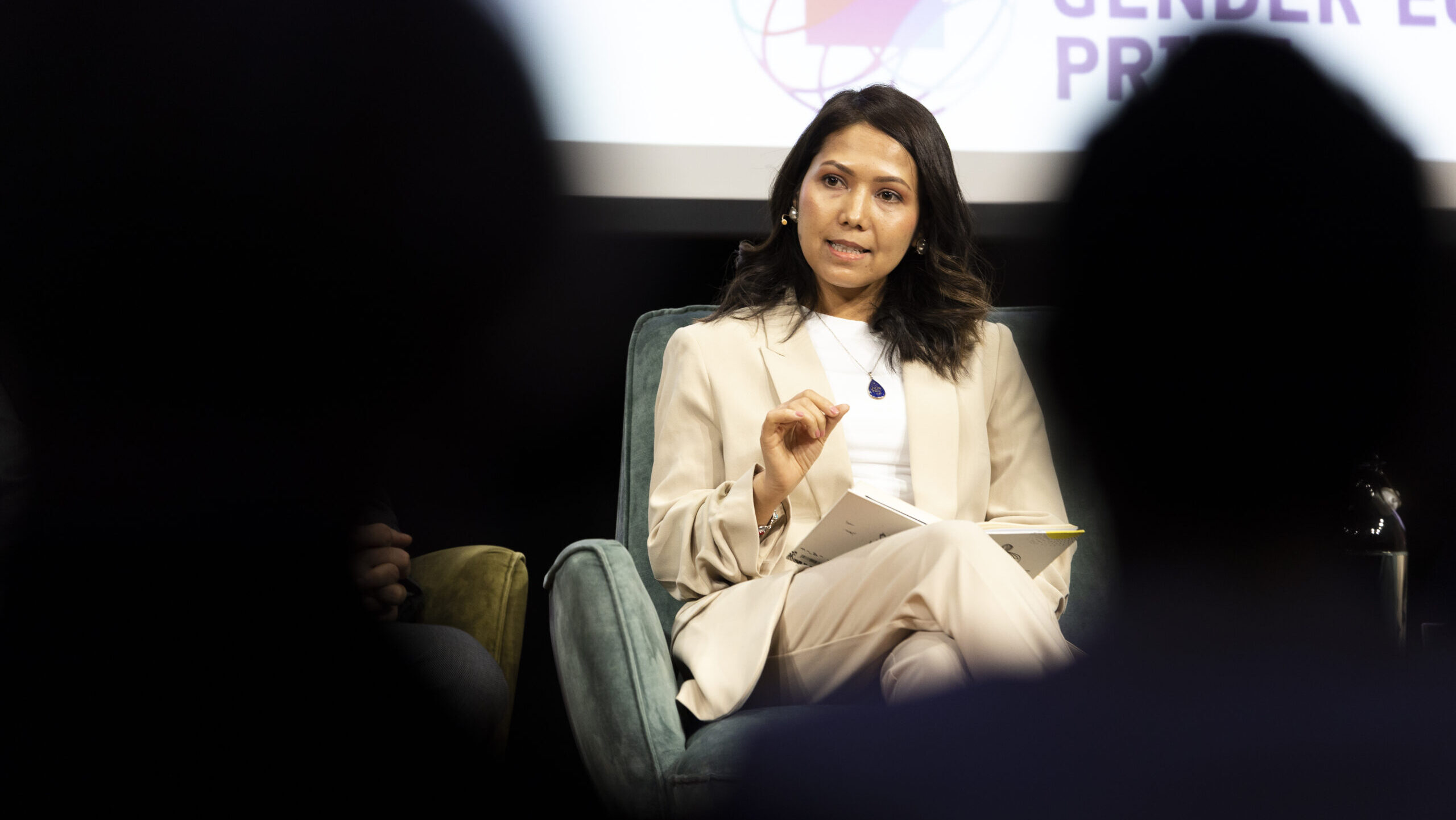
Shekeba Ahmadi. Photo: Maria Santto / CMI
The discussants expressed concern over the minimal amount of attention afforded to Afghan women after the withdrawal from Afghanistan. SDP’s Member of Parliament Nasima Razmyar worried that the acute issue of hunger had pushed the role of women to the sidelines. Shekeba Ahmadi from CMI’s Women in Peacemaking team said that the current situation has left very little space for Afghanistan to even be talked about. Anders Adlercreutz cautioned against buying into the Taleban’s propaganda, which has overplayed the significance of women being allowed to operate small businesses.
Looking ahead, Nasima Razmyar saw negotiations as the only viable means to make progress, but added that women should be involved in them in a meaningful way. Shekeba Ahmadi believed that some gains could be made by negotiating for women aid workers to return to Afghanistan, as they are the ones providing aid for women in the country.
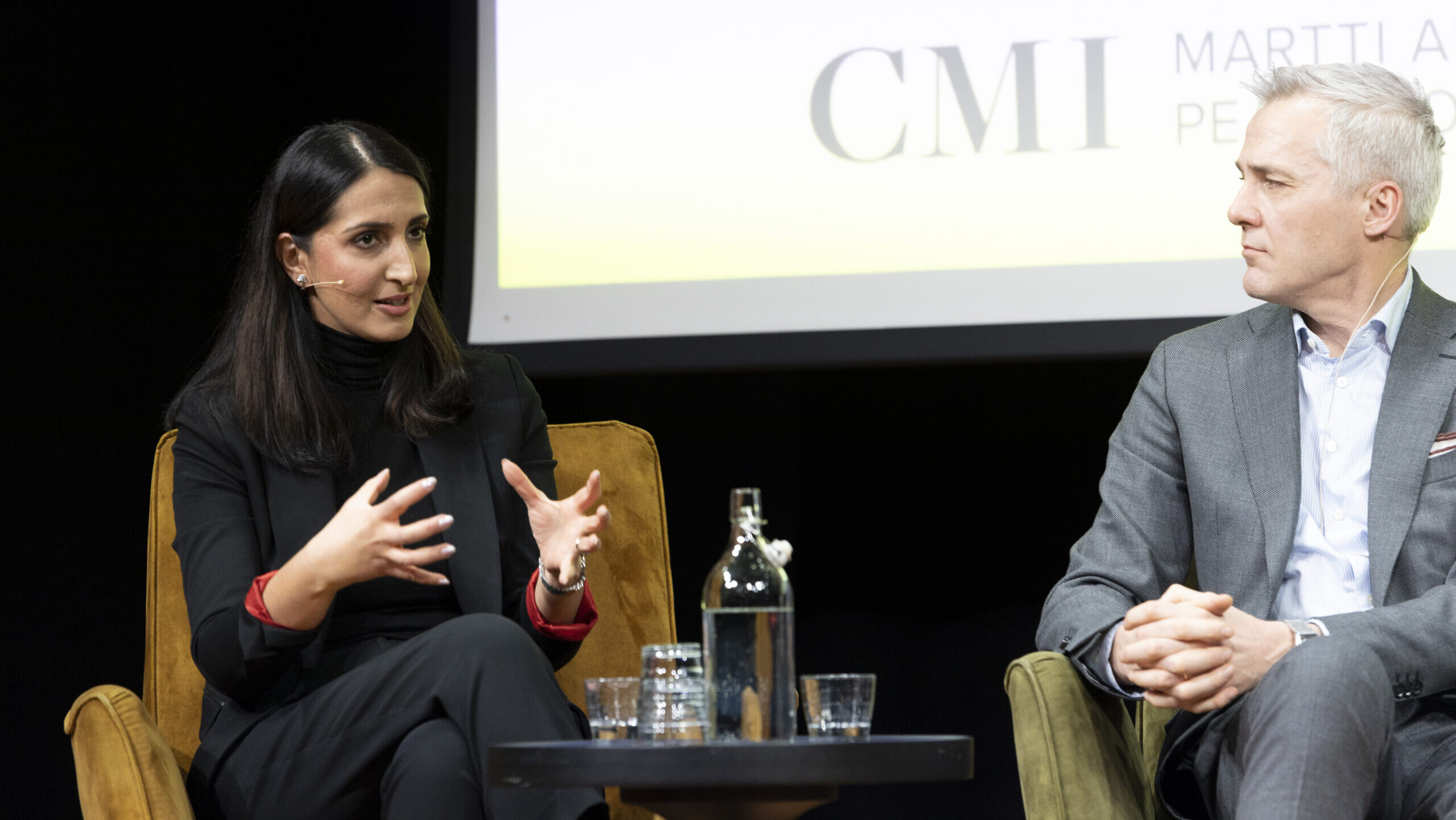
Nasima Razmyar and Anders Adlercreutz. Photo: Maria Santto / CMI
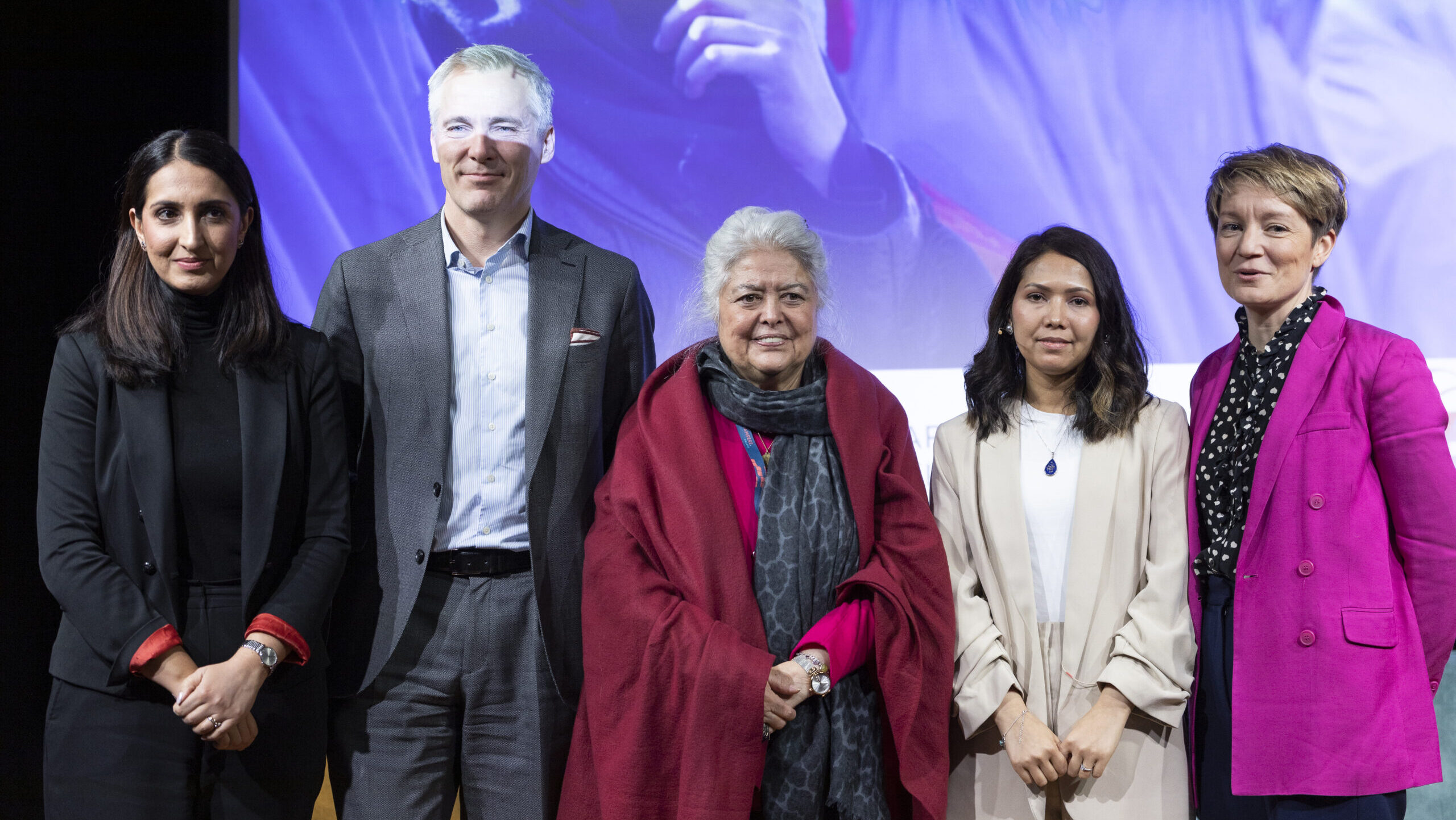
Photo: Maria Santto / CMI
Overall, the panelists seemed pessimistic about the prospect of near-term change in Afghanistan. Mahbouba Seraj echoed this sentiment and called for the involvement of women in decisions about her country.
At CMI, Shekeba Ahmadi works towards this goal with the Afghan Women Leaders Forum, an EU-supported platform that aims to bring the voices and views of Afghan women into international high-level policymaking discussions concerning Afghanistan.
While Mahbouba Seraj did not see Afghanistan reaching gender equality in the foreseeable future, she said that situations can change, and people can have an effect in the country.
“Especially with the women, because the women in Afghanistan are different.”